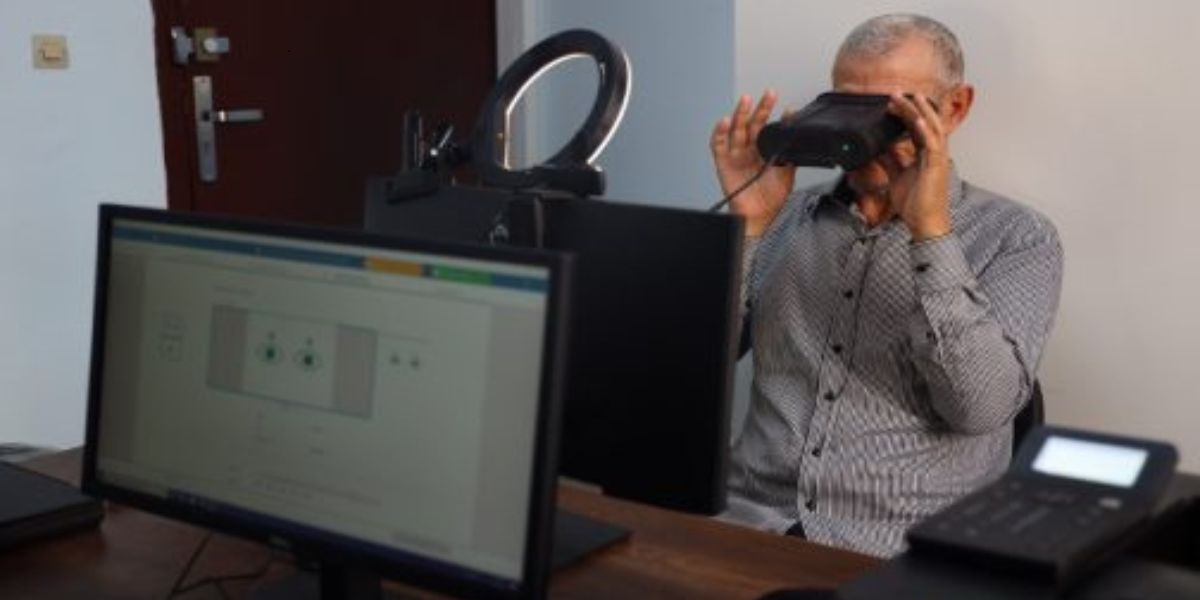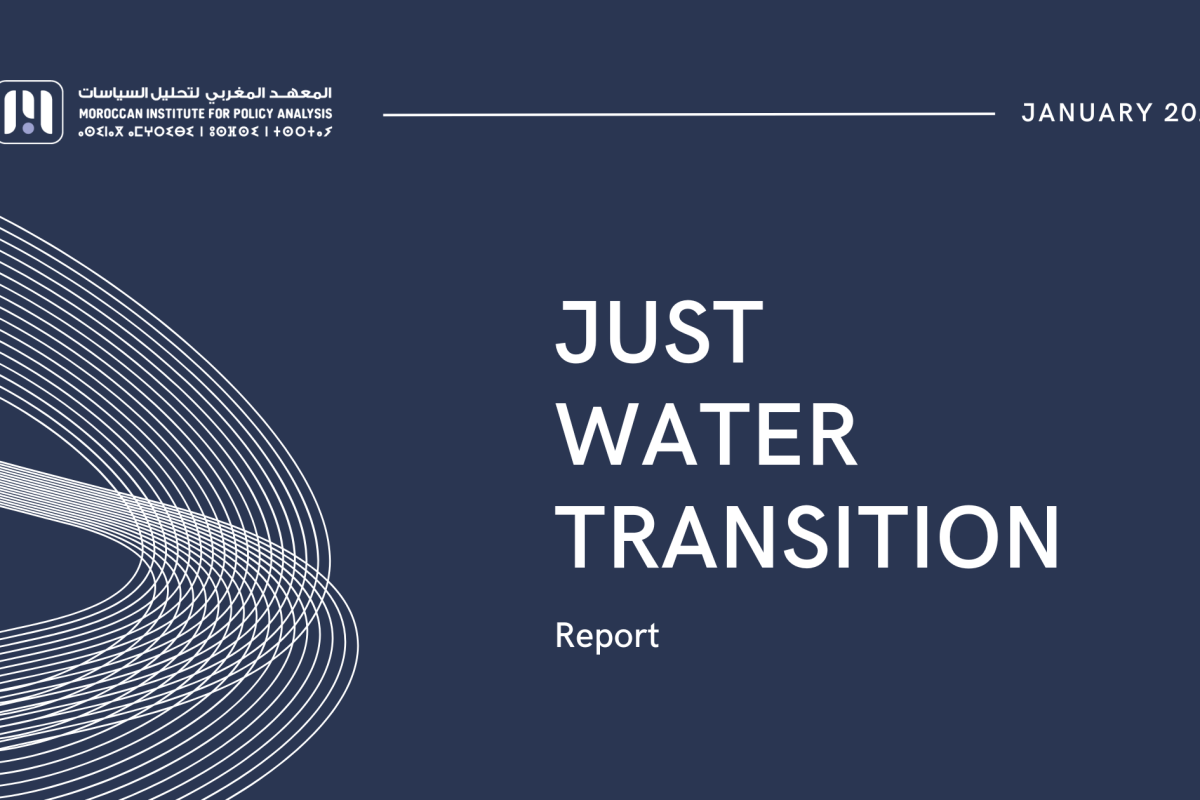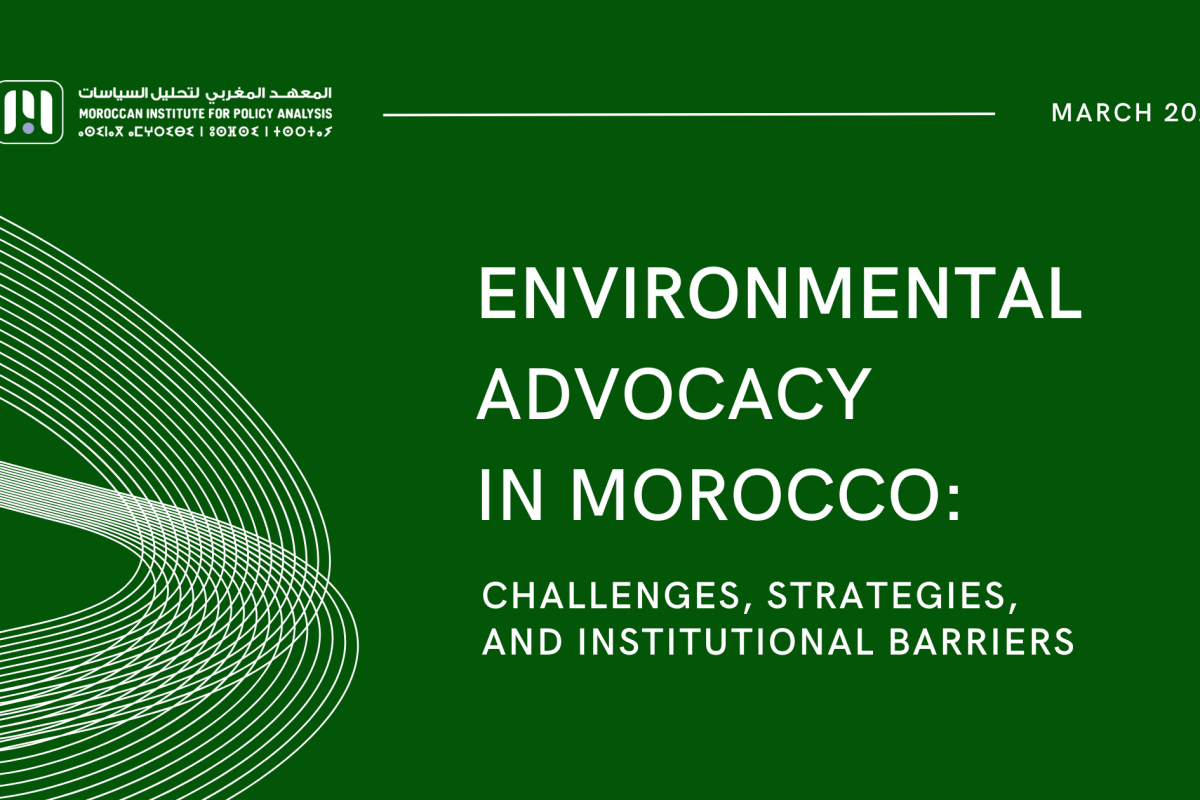[vc_row][vc_column][vc_column_text]
The protests in the Rif region reflects deep distrust among Moroccans in the government and the political parties
Introduction
The ongoing wave of social and political protests sparked in Morocco during October 2016 demonstrates increased frustration among citizens over the political course of the country in the past few years. Popular mobilization (or Hirak) in the Rif as well as in other regions such as Jerada in the far east of the country was centered around demands for job creation and the development of needed infrastructure. Subsequently, it has widened in reaction to the Moroccan government’s repressive actions against protesters, and it might grow even further if the protesters’ grievances are not addressed properly.
Underlying the protesters’ socio-economic grievances is a deep distrust in government politics and in the formal political process as a whole, as well as a feeling that the role of political parties as reliable mediators between state and society is eroding. This article describes how Moroccan authorities’ conduct has contributed to deepening distrust in party politics and thus fueling the ongoing protests in the country.
Between 2011 and 2016
The government’s violent repression of the 2016 protests in the Rif and later in other Moroccan regions stand in stark contrast to its response to the 20 February Movement in 2011. At the time, the Moroccan monarchy launched a reform package that included both constitutional amendments and a political opening to absorb popular anger. Among the most significant amendments made to the 2011 constitution were the inclusion of articles guaranteeing public freedoms and the right to protest. The constitution also guarantees the right of citizens to propose legislation through petitions and sets limits to the monarchy’s powers in appointing the prime minister and the cabinet while enhancing the powers of the parliament. Also, the regime’s repression to the 20 February Movement protests were low and proportional.
At the time, the party of Justice and Development (PJD), which was then in opposition, benefited from these changes, and was quickly propelled to the helm of the government following the 2011 legislative elections. Its leader Abdelilah Benkirane was named Prime Minister, leading his party into consecutive electoral gains in the 2015 local and 2016 parliamentary elections.
However, since late 2013, the 2011 political opening has been gradually closed again. Influenced by the regional political environment, including the anti-democratic developments in the Middle East, the election of President Trump in the United States, and pressure from some Gulf countries, and feeling threatened by the steady electoral gains of Islamist parties, the palace sought to strengthen the executive character of the monarchy by weakening the PJD elected government and galvanizing political parties loyal to the regime.
These actions further discredited the political process and weakened the role of both political parties and formal political institutions. The increased presence of the monarchy in daily politics has triggered doubts about the effectiveness of the elected government in solving socio-economic problems. The ongoing social and political protests are merely symptoms of the absence of internal and external accountability of the government, and its inefficiency in providing public services due to widespread corruption.
Political Void
One clear example of the absence of accountability in government can be found in the “political deadlock” that lasted for over six months. In March 2017, King Mohammed VI dismissed Prime Minister-designate Abdelilah Benkirane after he failed to form a new government. Benkirane’s failure was due to the non-cooperation of pro-palace parties. This led to the replacement of Benkirane by another PJD figure, Saad Eddine El Othmani, who was obliged to abide by the palace’s conditions before being allowed to form his majority government. This move has not only weakened the PJD but also confirmed the palace as the most powerful institution in the country. It confirmed the idea that electoral results are not sufficient to create a government coalition without the palace’s blessings. Moreover, the manipulation of political elites has discredited them in the eyes of citizens, leading to a leadership vacuum in political representation and a distrust in the political process altogether.
The protests in the Rif started during this period of political void in 2016 and 2017. While the palace was focusing on containing and weakening the PJD, protesters were able to occupy the streets and resist against state repression. Right after the 2016 election, the king left on a lengthy tour of African countries, in preparation for the return of Morocco to the African Union Organization. In the meantime, Benkirane concerted his efforts on building a governing coalition. As interim Prime Minister, his first goal was to form a government. In parallel, the palace was focused on getting rid of Benkirane.
Taking advantage of the political void, protesters in the Rif region seized the death of fish vendor Mouhssin Fikri – who was crushed inside a trash compactor when he tried to save his product confiscated by local authorities – to express their grievances. The protests began in late October 2016 with demands for justice and a thorough investigation of the death of Fikri but evolved into socio-economic demands for jobs and infrastructure. As one protester stated to the media, “there is only one reason behind the protests in the Rif and elsewhere in Morocco: the Hogra (injustice), the oppression, the marginalization and repression that is practiced on citizens in the Rif. The death of (the Martyr) Mouhssin Fikri was just the straw that broke the camel’s back”[1].
Because of their anger towards the ineffectiveness of the political parties, protesters refused to converse with government representatives as mediators between them and the regime. Instead, Rif protesters wanted direct contact with the king through a delegation of his choosing. In Jerada protest leaders did meet with the government, but they also continued to protest, because they believed it was the only way to pressure the government into fulfilling its promises. The government’s violent response to peaceful protests damaged any remaining trust protesters had in it.
The Monarchy’s conduct has, intentionally or unintentionally, contributed to this result. In the summer of 2017, king Mohammed VI directly attacked political parties for not being credible[2]. Several months later he reiterated his criticism and promised a “political earthquake,”[3] ultimately sacking several ministers and bureaucrats. This move has been cheered by protesters as a show of goodwill to ascertain accountability. However, the continuous crackdown on peaceful protests and political activists has only eroded public faith in the authorities.
Symptoms of Systematic Corruption?
The fact that the protests have endured despite official promises are a symptom of the public’s deep distrust in politicians. The source of this distrust is the real and perceived injustices and systematic corruption in the country.
This feeling is not specific to the Rif region but is spread across the country, especially among youth. For instance, a qualitative study conducted by the NDI after the 2011 election revealed that many Moroccan youth are extremely unsatisfied with the performance of political parties. They have only a very superficial knowledge of party ideologies or platforms, and little knowledge of elections and elected officials. More importantly, they identified unemployment as the most pressing issue facing the country. The government could lose credibility with the youth if it proves unable to reduce the high unemployment rate[4].
Adding to that, the poor performance of public services – especially in health, education and the judiciary – has led to a flourishing of informal connections, known in the Middle East as “Wasta,” which has in turn enhanced the perception of systemic corruption within the state bureaucracy. In fact, between 2008 and 2017 Morocco ranked between 80th and 90th in Transparency International’s Corruption Perceptions Index, which might explain why trust in government and political parties is so low among Moroccans (Arab Barometer report, 2017)[5].
In the marginalized areas where the protests took place, unemployment is the highest in the country and the poor performance of public services is highly visible. For citizens living in these areas, political parties and local elected bodies have done little to improve their socio-economic situation. This has coincided with a decline in the legitimacy of traditional mediators such as local notables, political parties and labor unions, leading to the absence of viable interlocutors between society and the state, and creating a void now being filled by non-state and non-political actors.
Conclusion
Despite the regime’s success at co-opting moderate Islamists, repressing radical elements, and winning the acquiescence of political parties, a new generation of activists is emerging. Their evolution reflects both generational and cultural changes. The main challenge to the monarchy does not emanate from political parties or Islamists, but from street protests.
The state’s response to these protests has not been based on a clear strategy, leading to confusion. The monarchy appears to have opted to not reproduce the same concessions as 2011, this time turning to repression to restore state ‘reputation’ (Hibate dawla) or ‘fear’, while exploring indirect channels for negotiations with separate groups of protesters. In the absence of trust between the contenders, and in the absence of reliable mediators, it doesn’t seem that an agreement between the protesters and the regime is forthcoming.
The Monarchy’s policy decisions during this current political crisis will determine the future direction of the country’s politics. With the failure of political parties to play the role of intermediaries between the state and society, and the perceived mounting intervention of the palace in daily political management, the palace is likely to directly face the protests, risking a high cost to stability.
* This article was originally published at IEMed Mediterranean Yearbook 2018 .
Notes:
[1] ‘baada itlaki sarahihi.. ahad mu’takali al hirak yahki ma hadat’ (After his release.. a Hirak’s detainee tell his story), Hespress, accessed March 17, 2018, https://www.youtube.com/watch?v=gB5ZQMOWaz8.
[2] “Royal Speech on the Occasion of the Throne Day,” Maroc.ma, July 31, 2017, http://www.maroc.ma/en/royal-speeches/full-text-royal-speech-occasion-throne-day.
[3] “Full Text of HM the King’s Speech at Parliament Opening,” Maroc.ma, October 13, 2017, http://www.maroc.ma/en/discours-royaux/texte-integral-prononce-par-sm-le-roi-mohammed-vi-devant-les-membres-des-deux.
[4] “Youth Perceptions in Youth Perceptions in Morocco: Political Parties in the Wake of Legislative Elections”, National Democratic Institute, 2012.
[5] ‘Morocco Five Years after the Arab Uprisings: Findings from the Arab Barometer’, Arab Barometer, May 8, 2017
[/vc_column_text][/vc_column][/vc_row]
Mohammed Masbah
Mohammed Masbah is the Founder and President of the Moroccan Institute for Policy Analysis (MIPA). He is a political sociologist whose work centers on public policy, democratization and political Islam, with a focus on North Africa. Dr Masbah is an Associate Fellow at Chatham House in London and adjunct professor at Mohammed V University. He was previously a non-resident scholar at the Carnegie Middle East Center, and a fellow at the German Institute for International and Security Affairs (Stiftung Wissenschaft und Politik, SWP) in Berlin. Dr Masbah obtained his PhD in Sociology from Mohammad V University in Rabat. His dissertation examined the processes of radicalization and deradicalization of Moroccan Salafis since Casablanca bombings in 2003. His recent publications include: Moroccan Jihadists: Local and Global Dimensions, Al Jazeera Centre for Studies, 2021. Trust in Institutions Index 2020, Moroccan Institute for Policy Analysis, 2020. Rise and Endurance: Moderate Islamists and Electoral Politics in the Aftermath of the ‘Moroccan Spring’” in Islamists and the Politics of the Arab Uprisings: Governance, Pluralisation and Contention (Edinburgh University Press, 2018) Contact the author: m.masbah@mipa.institute


